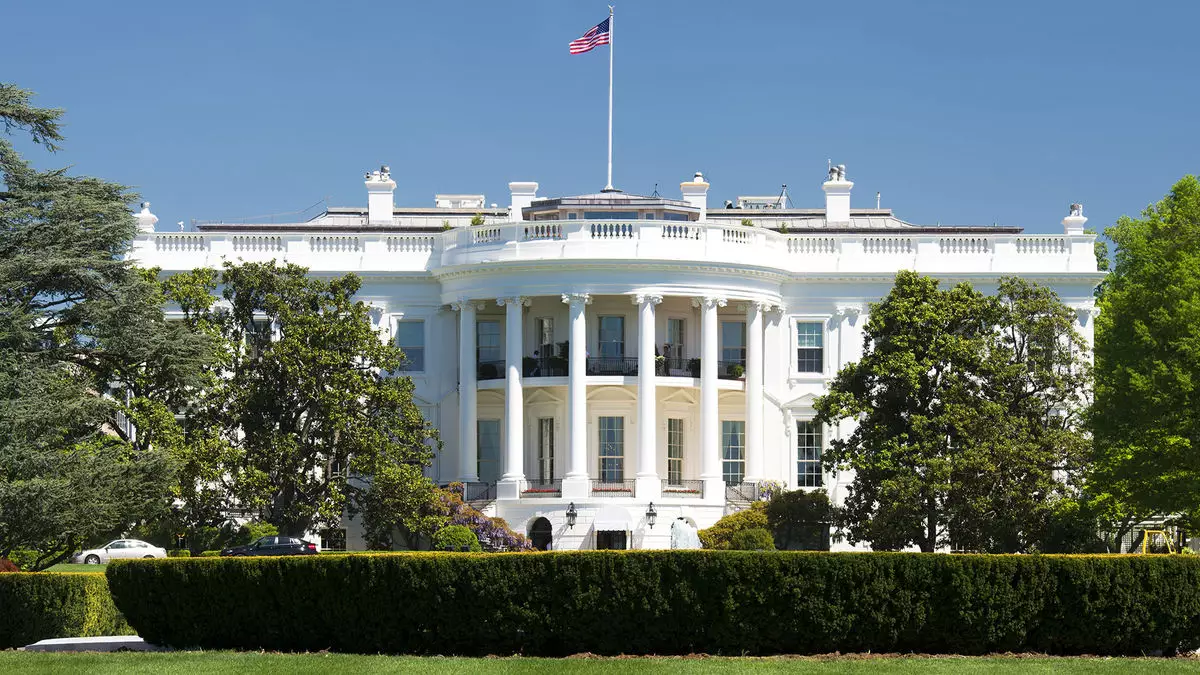The American Society of Travel Advisors (ASTA) has formally reached out to the incoming Trump administration with an important letter outlining key priorities that are paramount for the future of the travel industry. While the new administration’s first term was marked by significant, often controversial, travel policies, ASTA emphasizes the need for a more stable environment as the industry rebounds. This piece explores ASTA’s concerns regarding potential travel bans, airline refund processes, independent contractor regulations, and the call for renewed focus on industry representation within government.
Among the foremost issues highlighted by ASTA is the concern over the potential reinstatement of travel bans. During his campaign, Donald Trump expressed intentions to bring back and expand the travel bans introduced in January 2017, particularly targeting countries involved in conflict such as Gaza. The original ban prompted severe pushback from the travel sector, as it was not merely an issue of travel restrictions, but also a significant deterrent to tourism, thereby harming economies reliant on international travelers. Zane Kerby, ASTA’s CEO, pointed out the surplus of uncertainty injected into the industry due to such bans — an uncertainty likely to resurface should similar measures be reinstated. ASTA’s advocacy for open yet security-conscious travel resonates strongly in an industry that relies heavily on international goodwill and tourism revenues.
Another critical issue raised by ASTA involves the regulation concerning airline ticket refunds precipitated by flight cancellations or alterations. Recent rules established by the Transportation Department have mandated that the merchant of record (usually airlines, but sometimes agencies) issue refunds of ticket sales. What ASTA highlights is the precarious situation that travel agencies find themselves in, especially those working with bulk ticket purchases for groups. The lack of financial capacity among many travel agencies to manage these refunds could spell disaster for small businesses within the sector. To alleviate the risk these agencies face, ASTA suggests a 14-day window — seven days for airlines to reimburse agents and another seven for agents to pass that refund onto consumers. This compromise could strike a balance that ensures consumer protection without jeopardizing the financial stability of travel agencies.
A further obstacle facing the travel industry is the uncertainty surrounding the classification of independent contractors (ICs). With around 85,000 ICs operating in the United States’ travel sector, ASTA underscores the importance of a clear, consistent standard. The recent changes imposed by the Department of Labor have introduced complexities that could jeopardize the operational capacity of many travel agencies. In urging the new administration to revert to prior regulations that emphasized two primary criteria for classification—control over work and opportunities for profit or loss—ASTA is advocating for stability in a segment that significantly influences both the workforce and profitability of travel agencies.
The letter also addresses the ongoing complications associated with hotel fees, specifically the lack of protections for agencies receiving inaccurate information. Under current Federal Trade Commission (FTC) rules, travel agencies can face complaints should they inadvertently misinform consumers based on hotel data inaccuracies. ASTA proposes that intermediaries receive exemptions or, at the very least, safeguards against enforcement actions that could arise from these situations. The intention is to encourage fairness, ensuring that travel agencies aren’t penalized for faults out of their control.
In closing their letter, ASTA urges the Trump administration to establish mechanisms that give travel advisors a stronger voice in discussions affecting air travel. With travel advisors accounting for a staggering 40% of air ticket sales, their perspectives are essential for developing fair, pragmatic regulations that directly impact their operations. The organization also advocates for appointing a travel professional to the role of assistant secretary for travel and tourism at the Department of Commerce, positioning the travel industry for more informed decision-making at high levels of government.
ASTA’s letter to the incoming Trump administration encapsulates a series of essential priorities that, if addressed effectively, could contribute towards a more resilient and prosperous travel industry. By focusing on open travel policies, fair refund regulations, clear contractor classifications, and increased representation, the travel sector could navigate the post-pandemic landscape with renewed strength and confidence.

